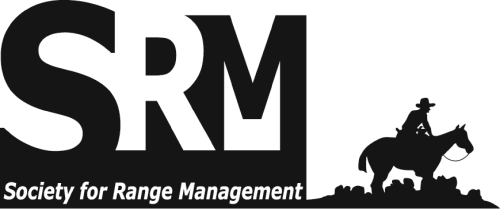The indolizidine alkaloid swainsonine is an ?-mannosidase and mannosidase II inhibitor that causes lysosomal storage disease and alters glycoprotein processing.� Swainsonine is found in a number of plant species worldwide, and causes severe toxicosis in livestock grazing these plants, leading to a chronic wasting condition characterized by weight loss, depression, altered behavior, decreased libido, infertility, and death.� Swainsonine has been detected in 13 North American�Astragalus�species of which eight belong to taxa in four taxonomic sections, the�Densifolii,�Diphysi,�Inflati, and�Trichopodi.� These sections belong to two larger groups representing several morphologically related species, the Pacific Piptolobi and the small flowered Piptolobi.� We hypothesized that there may be a morphological and/or phylogenetic signature for swainsonine-containing species. The objective of this study was to screen the other 31 species for swainsonine in sections�Densifolii,�Diphysi,�Inflati, and�Trichopodi�previously not known to contain swainsonine. Furthermore, to broaden the scope further, 21 species within the 8 sections of the Pacific Piptolobi and the small flowered Piptolobi were screened for swainsonine.� A systematic examination for swainsonine in these species will provide important information on the toxic risk of these species and would be a valuable reference for land managers.

Oral presentation and poster titles, abstracts, and authors from the Society for Range Management (SRM) Annual Meetings and Tradeshows, from 2013 forward.